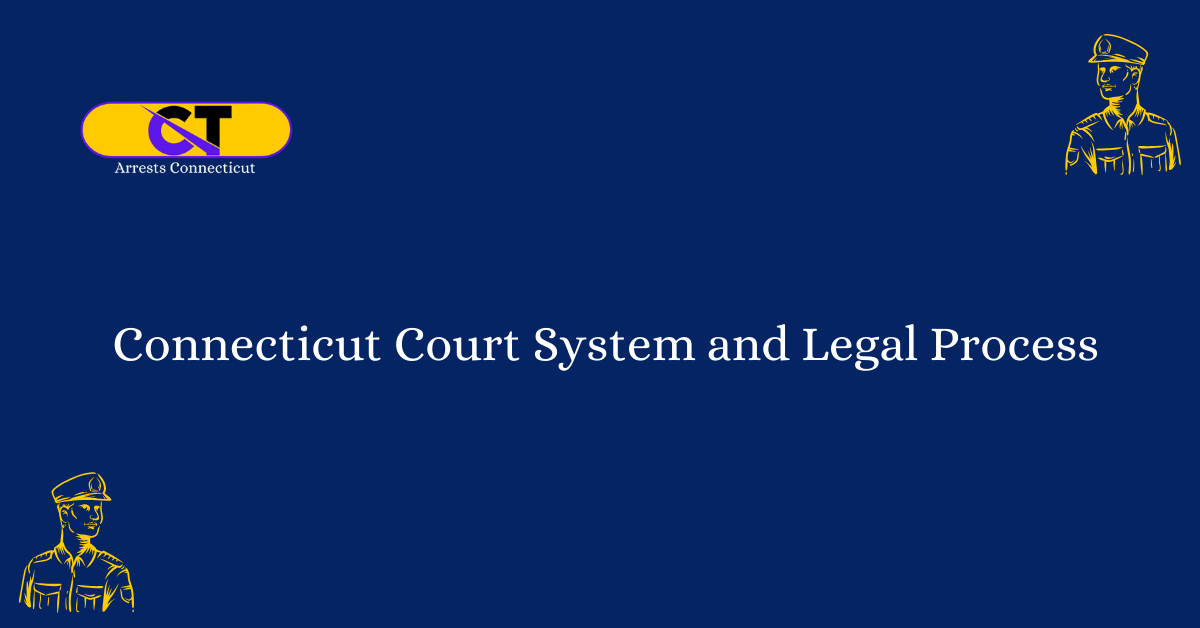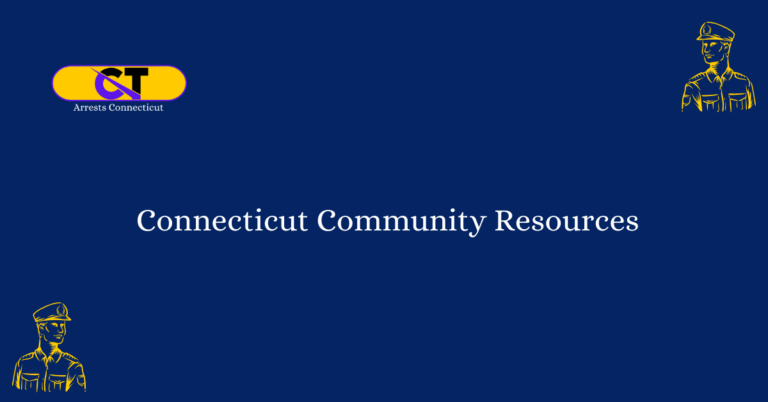Connecticut Court System and Legal Process
As you navigate through the intricacies of the legal process, it is essential to have a comprehensive understanding of the Connecticut Court System. From the trial courts to the appellate courts, each level of the judicial system operates with precision and integrity, ensuring that justice is served for all.
Overview of the Trial Courts
At the heart of the Connecticut Court System lies the trial courts. These courts handle a wide range of cases, including criminal, civil, family, and juvenile matters. With a firm commitment to fairness and impartiality, the trial courts ensure that each case is heard and decided upon with utmost care.
Types of Trial Courts
Connecticut has several types of trial courts, each serving a specific purpose. The Superior Court is the main trial court, presiding over the majority of cases. It consists of several divisions, such as the Civil Division, Criminal Division, and Family Division, each specializing in their respective areas of law.
Additionally, the Housing Court deals with landlord-tenant disputes, while the Probate Court handles matters related to wills, estates, and trusts. These specialized trial courts provide expert guidance and resolution to their respective areas of law.
The Role of Judges
Within the trial courts, judges play a critical role in ensuring justice is served. These highly knowledgeable and experienced individuals preside over cases, listen to arguments from both sides, and make impartial decisions based on the evidence presented.
Judges have the responsibility of interpreting and applying the law, ensuring that the rights of all parties involved are protected. Their expertise and dedication to the legal process contribute to the integrity and fairness of the Connecticut Court System.
The Appellate Courts Ensuring Fairness and Accuracy
While the trial courts make initial decisions, the appellate courts serve as the next level of review. These courts carefully examine decisions made by the trial courts, ensuring that they conform to legal standards and principles.
The Appellate Court and the Supreme Court make up the appellate courts in Connecticut. The Appellate Court reviews decisions from the trial courts, providing an opportunity for parties to challenge the outcome if they believe there were s or issues in the trial process.
The Supreme Court is the highest court in the state, responsible for reviewing important legal issues and providing guidance on matters of law. It hears cases of significant public interest or those involving constitutional questions.
Upholding Justice The Connecticut Court Systems Commitment
Throughout the Connecticut Court System, a commitment to upholding justice and ensuring the rule of law is evident. From the trial courts to the appellate courts, each level operates with precision, integrity, and fairness.
With a comprehensive understanding of the Connecticut Court System, individuals can navigate through the legal process confidently. Whether seeking resolution in a trial court or seeking review in an appellate court, every individual is provided with the opportunity to have their case heard and decided upon fairly.
As the cornerstone of the state’s legal framework, the Connecticut Court System continues to play a vital role in maintaining order, protecting rights, and upholding justice for all.
FAQs
What is the role of the Connecticut Court System in upholding justice?
The Connecticut Court System and Legal Process is a complex and intricate system that plays a vital role in upholding justice and ensuring the rule of law. With its rich history and commitment to fairness, the Connecticut Court System serves as the cornerstone of the state’s legal framework.
How does the Connecticut Court System operate?
As you navigate through the intricacies of the legal process, it is essential to have a comprehensive understanding of the Connecticut Court System. From the trial courts to the appellate courts, each level of the judicial system operates with precision and integrity, ensuring that justice is served for all.
What is the structure of the Connecticut court system?
The Connecticut court system comprises three main levels – the Supreme Court, the Appellate Court, and the Superior Court. The Superior Court is further divided into various divisions, handling a range of cases, including criminal, civil, family, and probate matters.
How can I access Connecticut court records?
Connecticut court records are generally accessible to the public and can be obtained online through the Judicial Branch’s website. The website offers a user-friendly portal for searching and retrieving court records, providing transparency and easy access to information on cases, hearings, and judgments. Some records may be restricted, particularly in sensitive cases, to protect individuals’ privacy.







